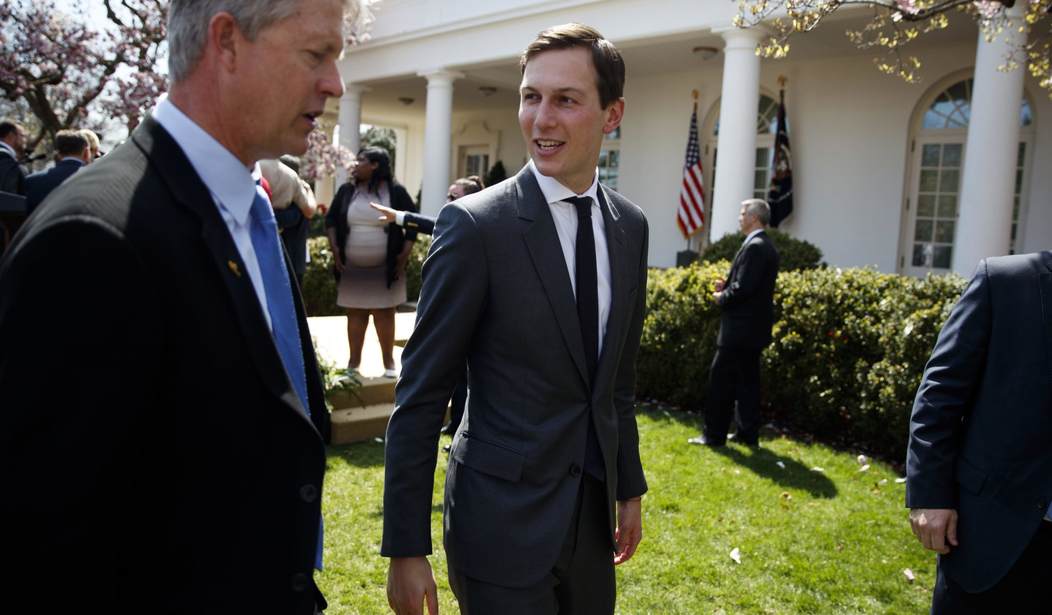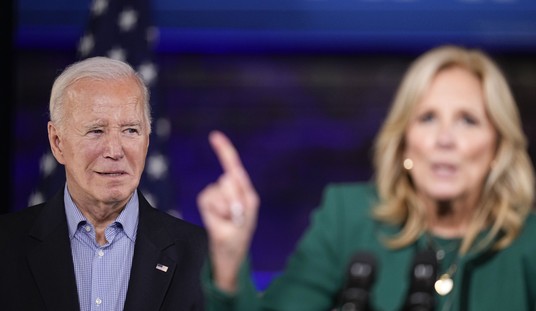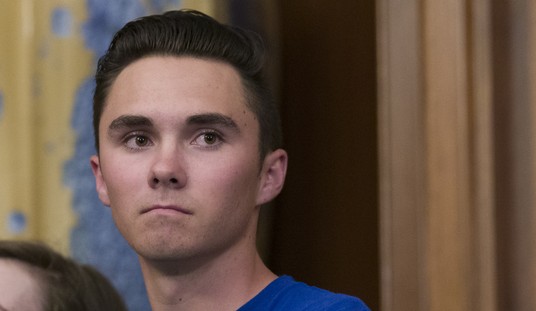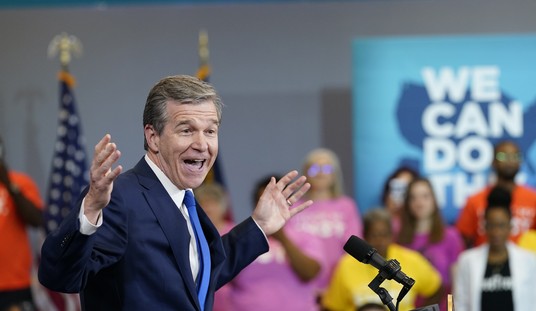WASHINGTON — After months of hurdles and backing from White House senior advisor Jared Kushner that turned out to be unsuccessful, a bipartisan push for prison reform that favors rehabilitation to cut recidivism is getting another shot this week.
The FIRST STEP Act was introduced this week on the heels of criminal justice reform efforts that began last fall with a measure sponsored in the upper chamber by Senate Majority Whip John Cornyn (R-Texas) and Sen. Sheldon Whitehouse (D-R.I.), and in the House by Reps. Doug Collins (R-Ga.) and Hakeem Jeffries (D-N.Y.).
“The FIRST STEP Act is modeled after successful reforms that states like Texas have implemented to rehabilitate low-risk offenders and prepare them to reenter society,” Cornyn said in a statement today. “This legislation will help shut the revolving door of recidivism to save taxpayer dollars and reduce crime. I look forward to working with my colleagues to move these necessary reforms forward on the federal level.”
His office said the bill would “increase the amount of ‘good time’ credits for good behavior in prison, limit the use of restraints on pregnant prisoners, improve audits to reduce or eliminate prison rape, increase the ability of Federal Prison Industries to sell products to private non-profit organizations,” and require prison guards to receive “de-escalation training.”
The main crux of the bill is to develop Justice Department risk-assessment tools to adequately survey offenders and requires the Bureau of Prisons to “provide evidence-based recidivism reduction programming to all eligible offenders.”
“To promote efficient and effective recidivism reduction programming, the Bureau of Prisons must partner with private organizations, including non-profits, to enhance existing efforts,” said Cornyn’s office. “To incentivize inmates to reduce their risk profile, the bill allows eligible inmates who successfully complete recidivism reduction programs to earn credit toward time in pre-release custody, but excludes serious violent criminals.”
Jeffries and Collins reportedly worked with Kushner over the weekend to tweak the bill before it comes up for a vote at the House Judiciary Committee on Wednesday.
One of the reasons support for the legislation faltered in earlier versions of the bill is that Senate Judiciary Committee Chairman Chuck Grassley (R-Iowa) and Senate Minority Whip Dick Durbin (D-Ill.) wanted to see sentencing reform included.
Kushner met with the House Freedom Caucus, whose leaders do not want reform to federal sentencing guidelines, on Monday to push the bill.
Sentencing reform is also opposed by Attorney General Jeff Sessions.
Grassley argued in a statement last week that prison reforms “will not only improve fairness in sentencing of low-level, nonviolent offenders, but also help law enforcement and the American taxpayer.”
“Such reforms, like those included in my bipartisan Sentencing Reform and Corrections Act, target limited law enforcement resources on violent offenders, major drug traffickers and criminal masterminds, and help to pay for costly, but effective, recidivism reduction programs like those being considered by the House Judiciary Committee. Over time, sentencing reform, coupled with reentry programs, can help to reduce crime, shrink the prison population and cut the deficit,” he said. “I will continue to work with my colleagues, stakeholders and the administration to advance this fiscally sensible approach to improving justice, law enforcement and community safety.”









Join the conversation as a VIP Member